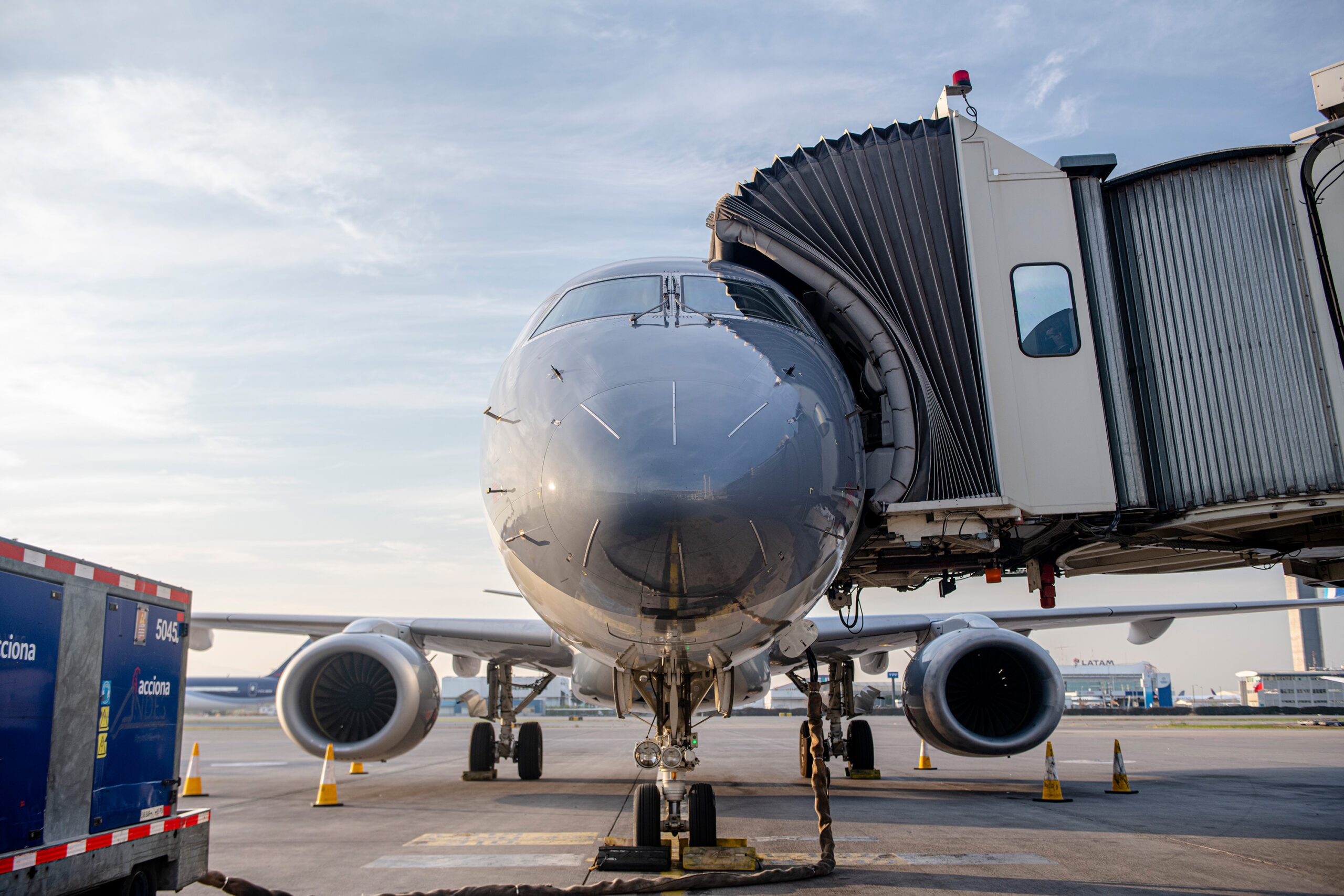

A relatively small number of economic groups and families control a disproportionately high percentage of Chilean businesses. Culturally Chileans are very conservative, and this also applies to the way they engage with and do business. They will not make hasty or risky decisions, and time must be allowed for due process to take place.
However, Chileans are extremely interested in new technology, are early adopters, and are prepared to pay high prices for premium products and services. British products have a good reputation, and the Union Jack sells well. There is high disposable income in the middle and upper classes, and luxury goods are highly sought after.
Although bureaucracy has been reduced to make it easier for international businesses to engage, forms of contract, government procurement processes and even day to day transactions are sometimes difficult for foreigners to navigate. Many companies have been successful entering the market by finding and engaging local distributors or agents to get them started. Strangers to the Latin system are surprised by the time required in notaries waiting for signatures to be formally witnessed.
Some specific barriers to entry that have been experienced recently relate to:
Recently and because of the pandemic, freight charges have soared, making it difficult for low value high volume products to compete with regionally produced goods. Since the UK left the EU, small businesses are temporarily finding it more difficult to consolidate their cargo which was previously done in European ports such as Rotterdam.
Most public tendering is done through the “ChileCompra” online system which has some challenging issues for foreign companies, such as registration; notarisation of a large selection of documents; academic qualifications of non-Chilean professionals not being recognised; and the tight deadlines for bids (10 to 14 days).
However, assistance can be sought from the Department of International Trade (DIT) or the British Chilean Chamber of Commerce to ensure compliance with the requirements.
Complex registration procedures under the Chilean Public Health Institute (ISP) affect a variety of sectors and products, including foodstuff, cosmetics, pharmaceuticals, international medical goods, chemicals, etc.
Import procedures ask for a “Customs destination certificate” (certificado de destinación aduanera) issued by the Chilean Health Ministry (MINSAL). It requires details about the destination, and the route and means of delivery (vehicle and driver) from the customs warehouse. Once the products are in the destination warehouse, a resolution must be granted by the Health Ministry to authorise the use, consumption and distribution of imported products.
Some examples are:
Even if they have been comprehensively tested in their countries of origin, Chilean authorities insist on re-testing the products in Chile. They must have a sanitary authorisation from the Ministry of Health and be registered with the Public Health Institute (ISP) before commercialisation. For most registrations, the importer must cover the costs of about US$1.000 per product. For hygiene products, such as soaps, the cost is US$ 60 per product.
All medicine and some medical devices need to be approved by the ISP before they can be exported to Chile. The process is sometimes cumbersome, and it can take up to a year for approval to be granted.
New legislation (Pharmaceuticals Bill II) due to become law in 2022 proposes to ban the advertising of Over the Counter (OTC), branded medicines. It also mandates changes to the packaging which will limit product branding for OTC and prescription medicines and focus only on the main ingredient/generic description. It also includes price regulation of pharmaceutical products, among other provisions. Also see:
https://pharmaboardroom.com/legal-articles/regulatory-pricing-and-reimbursement-chile/
According to the SEC (Electricity and Fuel Agency), all electrical products must be locally certified. This applies even if they had been approved in their country of origin the original certification is in line with international standards already followed by Chile. These additional test procedures increase import expenses and transactional costs, and sometimes expensive samples can be damaged preventing their sale.
A new alcohol law (21.363), which came into force on the 6th of August 2021. It includes new provisions for health warning labels, and restrictions on television/radio advertising and sports sponsorship, among others. Chile is currently drafting the “Implementation Regulation” which must be delivered within 1 year.
